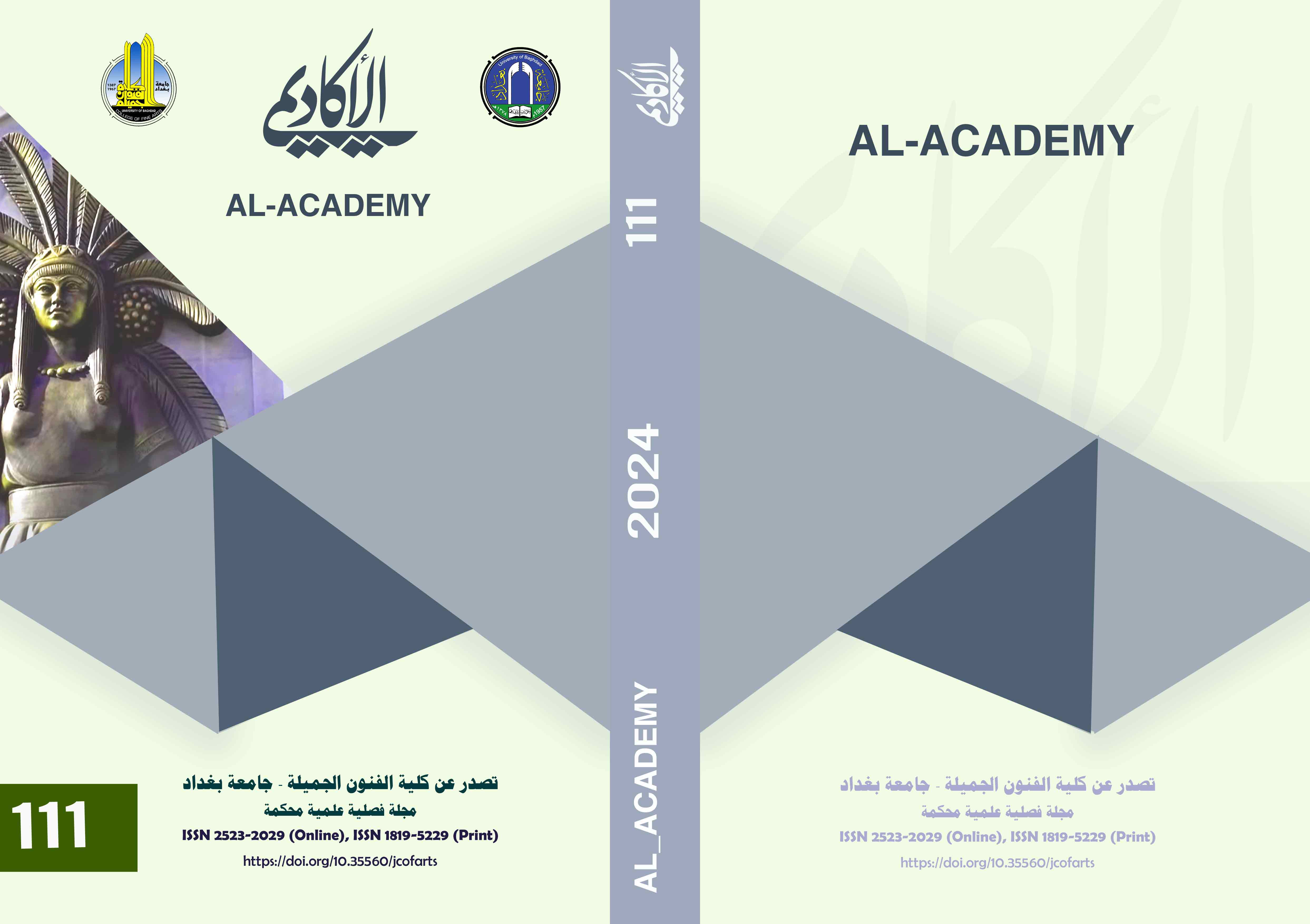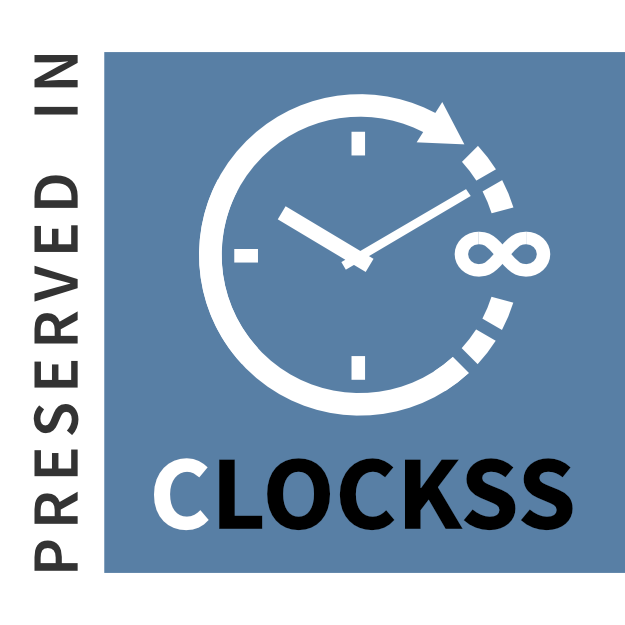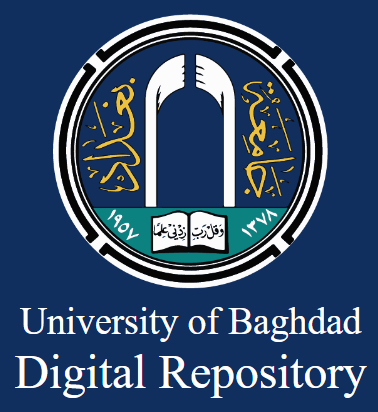Aethetic employment of pop art in television advertising
DOI:
https://doi.org/10.35560/jcofarts1187Keywords:
pop art television advertisingAbstract
After the art style of the gatekeeper, Art is one of the methods presented by AL-Musamsim in the desing of television advertisement because of its aesthetics and attractiveness. Each pop art artist had his own style and employed this art in his advertising designs. It is wide, being from your popular life and embodied it in the from of advertisements, in addition to using varios types of materials, ready-made materials, and primary and secondary colors. This research included the methodological framework represented by the problem of the research, the importance of the research, its objectives and limits, and defining the terminology. As for the theoretical framework, it dealt with the aesthetic in the television advertisement, the concept of pop-out and the most prominent pop-artist, as well as the research procedures represented by the research community, the sample, the performance of the out and the most prominent pop-art artist. As well as the research proeduers represedented by the research community, the sample, the performance of the out and the most prominent pop-art artists, as well as the research procedures represented by the research community, the sample, the performance of the research, the analysis of samples, and the results and conclusions that it researcher. Researcher and thereof.
1- The colors used in pop art in the advertisement were achieved through the background of the studio and the brand of the product, so the studio and the brand of the product, so the colors appeared in the snapshot(10,11,1,2,3,4,5,6,7,8,9).
2- The advertising designer deliberately used a new method in the advertisement, and he inserted pop art into the design of the product and tge trademark, as well as background used in advertisement, in order to add a new style in the advertisement and achieve aesthetic and attraction to the viewer, since this art has achieved wide popularity by the community.
References
Ibn Manzoor, Jamal Al-Din Muhammad Ibn Makram Al-Ans6 gbtri: Lisan Al-Arab, Part 13, The Egyptian General Institution for Authoring and Publishing, Cairo, BT.
Jamil Salbia, The Philosophical Lexicon, The Lebanese Book House, Beirut, 1982
Jeans Mark, Contemporary Aesthetics, Trends and Stakes, Kamal Bou Mounir, Dar Al-Aman, Rabat 2012
Al-Razi, Muhammad Ibn Bakrin Abdel-Qader, Mukhtar Al-Sahah, the Royal Press, Egypt, 1991 AD.
Al-Rubaie, Awni Hadi Abboud, Aesthetic Dimensions for Employing Crafts in Postmodern Art, Master Thesis, University of Babylon, College of Fine Arts, 2008
Smith, Edward Lucy: Artistic Movements After 1945, T. Fakhri Khalil, House of Cultural Affairs, Baghdad 1995, Sesim, Stewart, Postmodern Evidence, Its History and Cultural Context, Part 1, 2011
Alloush, Saeed: Lexicon of Contemporary Literary Terms, 1st edition, Lebanese Book House, Beirut, and Suchpress, Casablanca: 1982.
Vladimir, Beirut, the morphology of the fairy tale, translated by Abu Bakr Ahmed, Dar Al-Nadi Al-Adabari, 1989.
Kazem, Arkan Abd al-Amir, Iraqi textile hangings and the possibility of employing Arabic calligraphy in their designs, master's thesis, College of Fine Arts, Baghdad 2001
Mohsen Mohamed Attia, Art Criticism from Classicism to Postmodernism, Helwan University, 2001
Amhaz, Mahmoud, Contemporary Plastic Art, Triangle House for Design and Printing, Lebanon 1980
Al-Nasser, Maha Moayad Abdel-Hussein, Intellectual Data of Popular Art and its Implications for Graphic Design, PhD thesis, University of Baghdad, College of Fine Arts, 2015
Nassif Jassim Muhammad, Introduction to Advertising Design, Ministry of Culture and Information, 2001
Downloads
Published
Issue
Section
License
Copyright (c) 2024 Maryam mouthana abd Al-ameer

This work is licensed under a Creative Commons Attribution 4.0 International License.













